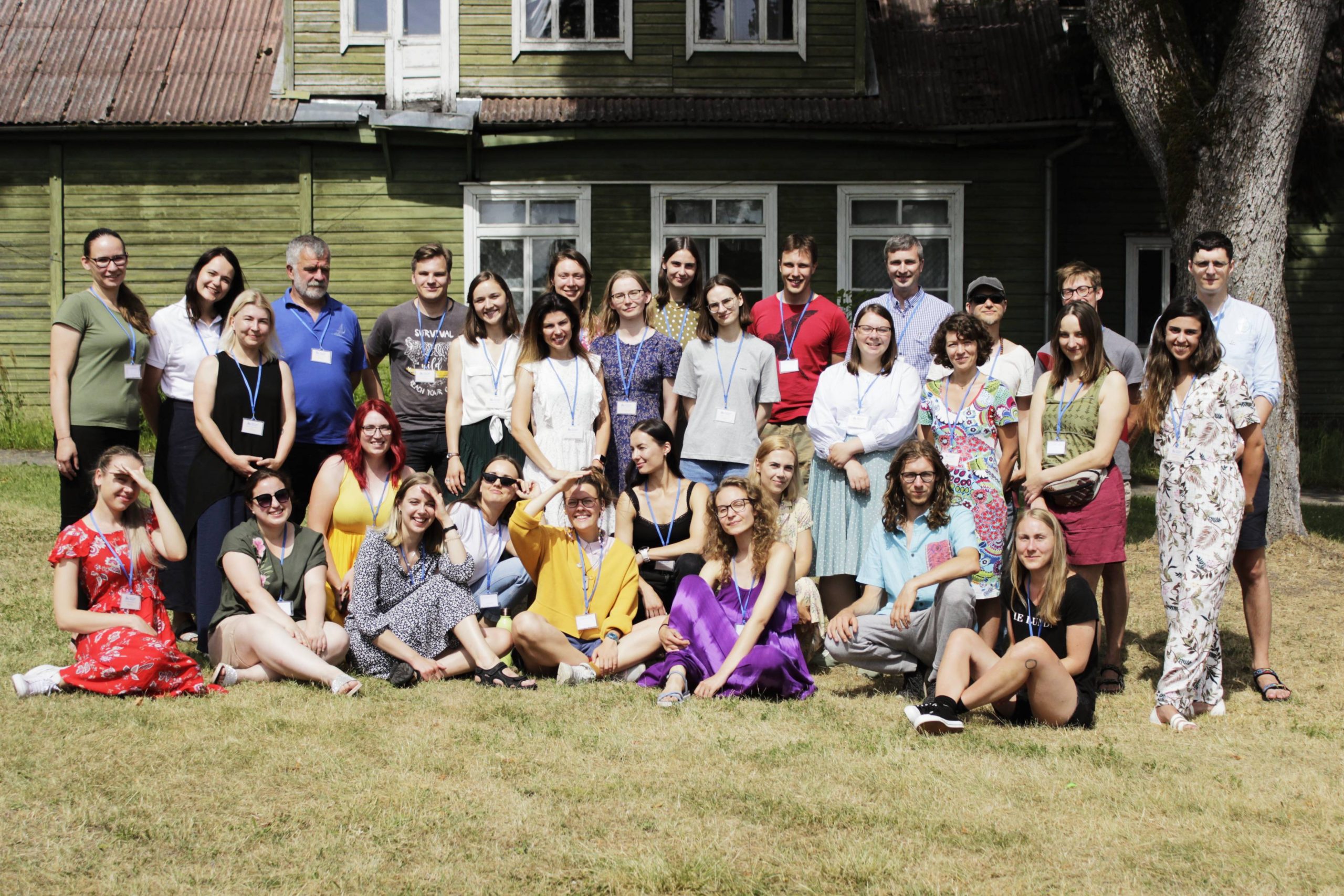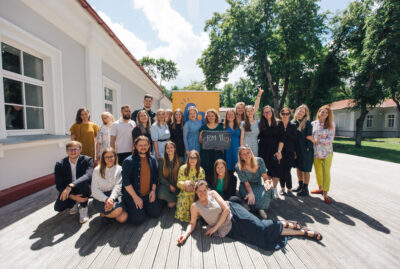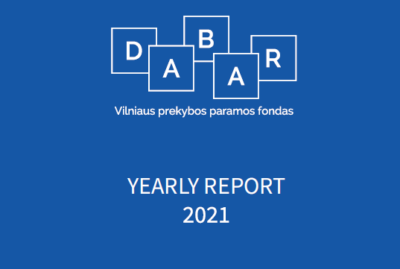
Education is undoubtedly one of the areas most affected by the pandemic, having faced some significant challenges. Agnė Motiejūnė, head of ”I choose to teach”, a programme designed to spark changes in the education system, says the pandemic has exacerbated the problems concerning the shortage of teachers, social exclusion among pupils, and insufficient teacher training for work with children that meets modern needs. Meanwhile, Vaidas Bacys, who is the principal at Dubysos Aukštupio School in Šiauliai District, notes that the pandemic has already deprived students of a year and a half of true education, so in order to compensate for this, it is important for the entire educational community to join forces.
The growing shortage of teachers
According to data from the Ministry of Education, Science and Sport, nearly 1,500 teachers plan to leave their jobs this year, which is approximately 200 more than last year. Ms Motiejūnė has no doubt that the pandemic, which has made the work of teachers even more complicated, also contributed to this.
“Distance education became a truly serious test for many a teacher, and often a demotivating factor as well. In any case, when choosing this profession, working with students in virtual classrooms was definitely not something that most of them had planned. When working in person, educators also had to adapt to new risks, which are particularly a concern for older teachers. Obviously, the teacher shortage is not a new problem in Lithuania – the pandemic just exposed it,” says Ms Motiejūnė.
Like every year, the ”I choose to teach” programme is trying to contribute to solving this problem by bringing new teachers into the education system who want to and are able to make change it for the better. This year marks the 12th launch of the programme’s summer school, during which 25 teachers selected from over 420 candidates will receive month-long intensive training. This is a truly significant number – every year, the education specialists prepared by the programme make up 15-20 per cent of all the new teachers entering the Lithuanian educational system.
At the summer school that started on 5 July, the 12th generation of ”I choose to teach” teachers will acquire the basic pedagogical and psychological preparation required to start working at a school. In order to adapt to new realities, the teachers will also be trained for hybrid working: combining remote work with work in the classroom. Starting in September, these teachers will be working at schools in Žemaičių Kalvarija, Biržai, Naujoji Akmenė, Klaipėda, Panevėžys, Kazlų Rūda, Lentvaris, Kaunas, Kaunas District and Vilnius.
In pursuit of a quality education for every child
According to Ms Motiejūnė, when training new teachers, there is major focus not only on their basic preparation, but also on their ability to apply inclusive education methods and develop generic pupil competences. The head of the programme believes that the importance of these aspects has also increased significantly during the pandemic.
“Many countries have observed that the pandemic has widened the gap between pupils with and without access to quality education that meets their needs. In Lithuania, this is a particularly vital problem, because children from more difficult social environments or pupils dealing with certain challenges often don’t receive proper attention and don’t have conditions conducive to good learning outcomes,” says Ms Motiejūnė.
For this reason, one of the main goals of the”I choose to teach” programme is to prepare teachers who are able to ensure that each and every child can receive an education that meets their needs. According to Ms Motiejūnė, this education should be focused not only on teaching certain subjects, but also on developing social and other generic competences and emotional intelligence in children.
“Our goal is to give schools teachers who will not simply teach one subject or another, but rather – use the discipline they teach as a tool for developing children and their generic competences. Educators coming into the education system have to look at child education holistically, so it is important for them to have the necessary skills to work with children not as passive recipients of select information, but as growing people with their own needs and distinctions,” says Ms Motiejūnė.
Like their colleagues who previously entered the education system from the programme, the teachers from the new ”I choose to teach” generation will not only teach children at various schools throughout the country, but will also help educational institutions implement change projects. These are designed to address issues relevant to each school. According to Ms Motiejūnė, this year they are mostly related to opportunities for ensuring quality education for every student. She has no doubt that the active and motivated educators will bring positive changes to individual schools, as well as to the country’s education system as a whole.



